Artificial Intelligence in supply chains
With AI trending and on the rise, many businesses have been exploring the use of artificial intelligence across their supply chain and logistics management. These AI driven solutions effectively enhance workflow and overcome common complexities involved in managing the movements of goods from the warehouse to the end consumer. But what is AI in logistics and how exactly is it being used? We explore how artificial intelligence is being used to optimise supply chain management and logistics.

What is AI in supply chain and logistics?
Artificial Intelligence in logistics refers to the use of algorithms to automate and optimise various supply chain processes. By analysing data, AI can forecast and predict stock levels and demand, helping to implement effective delivery and shipping strategies. This is particularly useful during high seasons and trends.
How to use AI in supply chain and logistics
AI in e-commerce demand forecasting
Demand forecasting is the process of predicting future demand for a service or product. AI-powered demand forecasting systems can help e-commerce businesses make more accurate sales predictions and optimise their stock levels.
AI can analyse a large amount of data from various sources, including previous sales, market trends and social media activity to provide accurate predictions of future demand and identify any patterns or trends in consumer behaviour. This allows businesses to adjust their marketing strategies as well as the products and services they offer to better meet customer demand.
AI in route optimisation
Route optimisation in logistics determines the most efficient route possible for the travel of goods from one point to another. AI algorithms can process and analyse large volumes of data from various sources such as GPS tracking, real-time traffic sensors and weather forecasts to determine the best possible route to take.
This allows logistics companies to optimise their delivery routes to reduce fuel costs, enhance driver safety and improve delivery times by factoring in road closures, congestion, accidents and weather conditions – saving time, money and resources.
AI in order fulfilment
Order fulfilment is the process of fulfilling online orders and involves the complete process of delivering an order placed online to a customer. AI can be used to streamline fulfilment by automating repetitive and time-consuming tasks as well as optimising order picking and shipping.
Order processing – AI can be used to analyse or identify any issues in order data. It can track stock inventory, detect any errors such as incorrect addresses or identify any patterns that could indicate potential issues for future orders. This helps to reduce errors in order fulfilment which results in better customer satisfaction as well as fewer returns or complaints.
Picking and packing – AI can be used here to automate the methods of locating items, picking and packing them for shipping. This reduces human error and optimises warehouse efficiency by picking stock that is located in the same area of a warehouse at the same time, even across multiple orders.
Shipping – AI is particularly useful here as it helps to optimise labelling and sorting, courier selection, delivery methods, transportation routes and shipment status to help monitor and identify potential issues or delays in the delivery of goods.
This can save valuable time, resources and cost, as well as reduce the amount of errors to ensure effective and efficient order fulfilment.
How Lesters can help
Here at Lesters, we are experts in providing logistics and transport. To see how we can help you, get in touch with our helpful team today.

